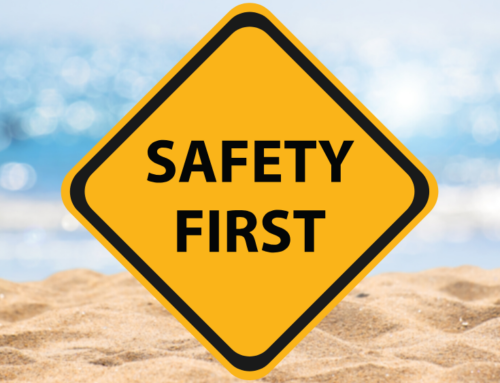CNBC recently placed Georgia at number 2 in the nation in its annual Top States for Business rankings. One of the factors for Georgia’s high business ranking is its economy, which CNBC calls “the best in the nation.” CNBC also commented on the high-quality of Georgia’s workforce (No. 3) and infrastructure (No. 4). Given these high rankings, it is not surprising that Georgia is home to more than 900,000 businesses, including 17 Fortune 500 companies and 30 Fortune 1000 companies.
But, a recent survey by the U.S. Chamber Institute for Legal Reform places Georgia’s lawsuit climate at 40 out of the 50 states. The survey complains that Georgia’s low ranking is caused by “its court rules and questionable rulings by its judges.” Notably, all of the participants in the survey were lawyers and executives for companies with annual revenues of at least $100 million. These companies stand to profit from any “legal reform” that limits their liability to those they have harmed or that places the companies at an advantage.
Along with its misinformed, propagandized survey, the Institute released its annual edition of “101 Way to Improve State Legal Systems.” Addressing all of the misguided suggestions in this publication would require a publication of similar length. Nevertheless, in its own words, the Institute concedes that Georgia has already enacted many of the Institute’s recommended improvements, including:
- restrictions applied to class action lawsuits;
- standards governing the use of expert witnesses;
- reasonable limitations on post-judgment interest rates;
- limiting a defendant’s liability to its percentage of fault, and;
- limiting awards of punitive damages
The Institute and other “tort reform” advocates seem hell-bent on fooling the American public into believing that a flood of “frivolous litigation” is inundating the court system. This is simply not true. The majority of civil lawsuits filed every year are brought by companies based on monetary or contractual disputes. The National Center for State Courts reports that tort claims represent only about 6% of civil lawsuits filed. So, in reality, it is business and contractual disputes that are clogging up the court system, not tort claims.
If a company seeks to benefit by opening shop here in the nation’s best economy, then the company has an obligation to operate safely. This means that companies operating in Georgia must use the public roads and highways responsibly, ensure that their products are safe for consumers, and take active steps to make their premises safe and secure for customers and guests. If a company causes an injury by failing to operate safely, then the company can and should be held accountable. If this accountability requires the filing of a civil lawsuit, then that is the necessary means to achieve justice for the injured person.
In the U.S., people have a right to be free from unwarranted harms caused by others. When a person suffers such a harm, our system of justice permits the injured person to present the case to a jury – other people from the community who will decide whether and to what extent the injured person is entitled to compensation. The right to trial by jury is guaranteed by the Seventh Amendment to the U.S. Constitution; Article I, Section I, Paragraph XI of the Georgia Constitution, and; the Official Code of Georgia at Section 9-11-38. The right to trial by jury helps to ensure the protection of individual liberties, and it is a right that distinguishes the United States from so many other countries.
As personal injury attorneys, we represent people, not profits. Our duty is to obtain fair compensation for those who have been injured by the carelessness of others. If we can obtain fair compensation for our clients without going to trial, we will do just that. But, if obtaining justice for our clients means presenting the case to a jury, we are more than willing do so.





